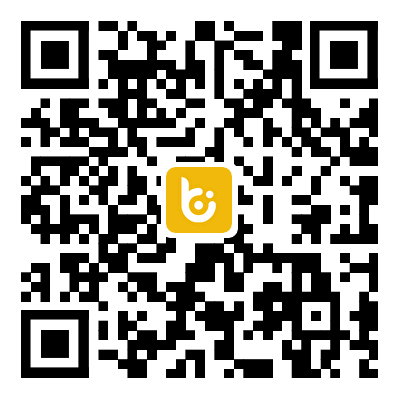
Status
- #Software
- #Binance BUSD
- 0.032419
- $14.56M
- $129.56MRank #321
- 4B
- Spot Markets
- Overview
- Market Data
Similar News
More Info- 06-04 10:00
The Binance World Championship Special: Trade $100 Each on Convert, Spot & Futures To Win...
- 06-03 22:00
MiCA Stablecoin Rules Implementation Announcement
- 06-03 10:15
Word of the Day: Test Your Knowledge on Life in Binance to Earn Binance Points...
- 05-31 15:00
Updates on Minimum Order Size for Spot and Margin Trading Pairs (2024-06-07)
- 05-30 21:28
Binance Futures Will Launch USDT-Margined TURBO Perpetual Contract With Up to 50x Leverage
Market Signal
More InfoCryptocurrency Calendar

NO DATA
What Is Status (SNT)?
Status is categorized as a mobile and desktop operating system and decentralized browser that incorporates a messaging system. As such, Status allows you to interact with a network at any time, from anywhere. It was originally released in June in 2017.
It is a light client [Ethereum] node, and has the ability to give you access to all Ethereum decentralized applications (otherwise known as DApps) from an app that is installed on your mobile phone or tablet. This means that users can send encrypted messages as well as access decentralized applications, including a cryptocurrency wallet.
Who Are the Founders of Status?
The Status network as a whole was founded by Carl Bennetts and Jarrad Hope. Both of them ran a software distribution company prior.
They had a previous work relationship of over six years on various projects, and three of those years were committed to operating a software distribution network, which drove over 20 million installs throughout many software offerings. All of the profits were used to fund their future projects. During this time they were in a unique position to see how personal data on the internet is bought and sold, and how users are acquired and retained as a result..
What Makes Status Unique?
Status, or SNT, is an open-source messaging platform as well as a mobile interface. This interface allows its users to interact with DApps running on the ETH blockchain. In return, users get over 2,000 DApps, can send and receive encrypted messages on a peer-to-peer basis and can make payments as well as utilize smart contracts.
The network itself uses Status Network Tokens, or SNT, that are the native currency on the platform. The goal of Status is to make the adoption of Ethereum DApps quicker and more efficient.
There is also a users-as-stakeholders network that allows the behavior of the network and its software to become aligned with the interests of a specific user. The contributors conduct research on a crypto economic model, and peer-to-peer technologies can ensure a healthy Status Network.
Related Pages:
Find out more about [Maker (MKR)].
Find out more about [Compound (COMP)].
Learn about cryptocurrency with [CMC Alexandria].
Stay up to date always with the [CoinMarketCap Blog].
How Many Status (SNT) Coins Are There in Circulation?
The current circulating supply of Status or SNT is at 3,470,483,788 SNT with no maximum supply available. When it comes to the market cap, it is approx. $187,525,492 USD as of February 2021.
SNT is an[ ERC-20] token that is used to access and power decentralized services in the Status Network. It is an open source project that anyone can use to their specific needs and is verified by the Messari Disclosures Registry.
How Is the Status Network Secured?
When it comes to the Status network as a whole, it has a main goal of being a truly decentralized communication tool that over time can remove all third parties and minimize any attack vectors for malicious actors.
Messages are not blocked or censored, and they are pseudo-anonymous when the user chooses this as an option. You can send, store and receive cryptocurrencies and tokens within the Status wallet, as the private keys are never exposed.
You browse through Web3, where the end user data and browsing information is not accessed by any third parties.
The user’s identity in Status starts with a locally generated cryptographic keypair, which is protected with a password. Status also uses the Waku protocol for peer-to-peer or [P2P] communication, and Waku itself relies on a network of peers to route the messages to each other.
It has end-to-end encryption by default, and perfect forward secrecy which is built on the X3DH and Double Ratchet specifications from Open Whisper Systems. The cryptocurrency is stored on a non-custodial wallet, and there's a signing phrase to protect from any phishing attacks.











